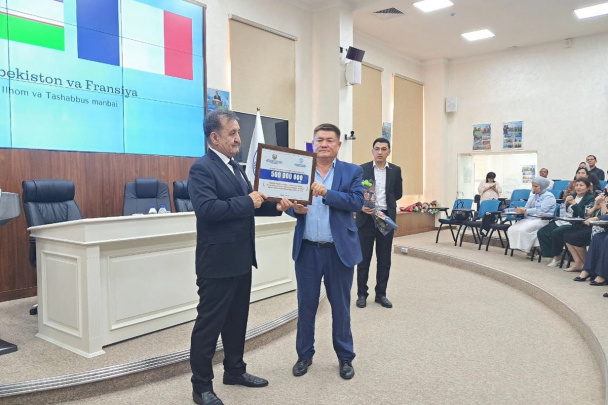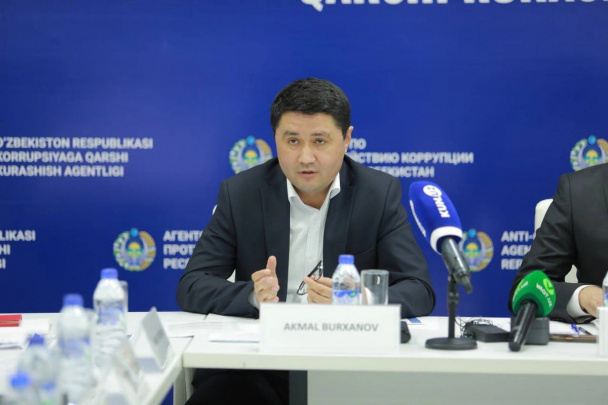Mass media, the public may independently assess corruption of laws and resolutions
Citizens and legal entities of Uzbekistan, in particular mass media and NGOs, will be able to independently evaluate the corruption of normative legal documents and their projects. In particular, they may find documents that unreasonably favor one or another entity to be corrupt. A relevant law is being considered at the parliament.

Photo: Shutterstock
On July 26, the Legislative Chamber of Oliy Majlis adopted the draft law “On the anti-corruption examination of normative-legal documents and their drafts” at the first reading.
Director of Anti-Corruption Agency Akmal Burkhonov made a speech at the meeting. According to him, the draft law stipulates that the public, that is, non-governmental non-commercial organizations, mass media, educational organizations, scientific institutions, other legal entities and citizens of the Republic of Uzbekistan, can independently evaluate the corruption of normative legal documents and their projects.
The list of corruption factors in normative legal documents and their drafts is being clearly defined. For example:
• making vague and unfounded references;
• existence of conflicts between regulatory legal documents;
• existence of duplicative powers and duties of state bodies;
• adoption of regulatory legal documents by the state body on matters not within its competence;
• conflict of interest;
• unreasonable determination of preferences;
• unreasonably delaying a regulatory legal document’s entry into force;
• lack of clear and transparent procedures related to the spending of state budget and off-budgetary funds;
• complicated or unclear procedures for calculating and collecting taxes and fees;
• lack of clear and transparent procedures for issues related to the implementation of public procurement;
• the imposition of excessive and unreasonable requirements;
• lack of clear time limits;
• gaps and other factors in ensuring transparency and public control.
The draft law “On prevention of conflicts of interest” was also adopted at the first reading.
Related News

14:45 / 14.02.2026
UZS 500M anti-corruption grant to Ezgulik canceled after contract dispute

12:03 / 11.02.2026
Uzbekistan’s anti-corruption progress stalls as country drops in 2025 global index

14:45 / 09.02.2026
Healthcare and education top corruption statistics in Uzbekistan

14:01 / 28.01.2026



